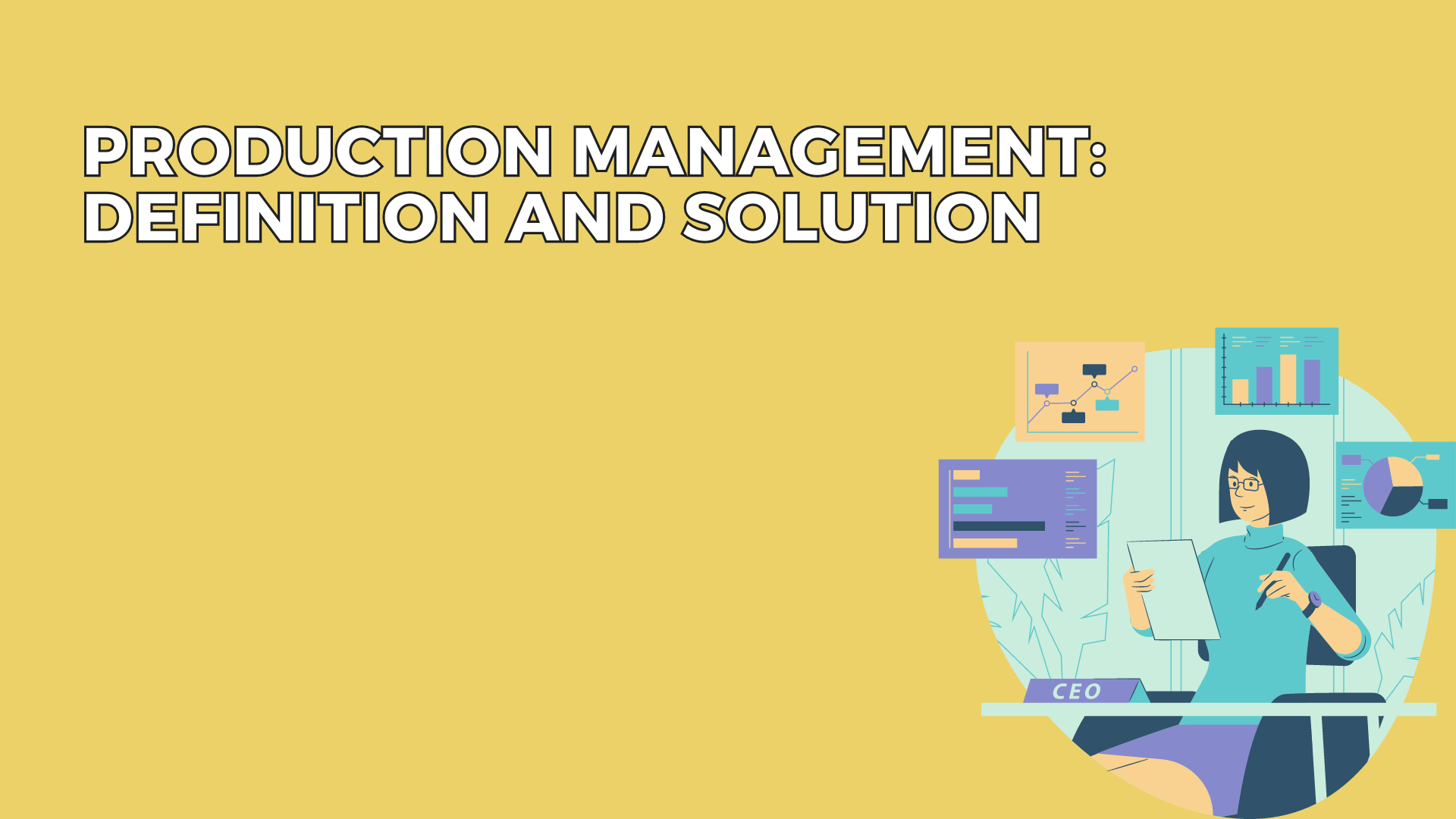In this blog, we delve into the essence of production management, its key components, and present actionable solutions to streamline operations and enhance productivity.
Understanding Production Management
At its core, production management involves planning, organizing, directing, and controlling the production process to convert raw materials into finished products efficiently. It encompasses a range of activities, including demand forecasting, capacity planning, scheduling, inventory management, quality control, and maintenance of equipment.
The primary objectives of production management are to:
- Meet customer demand by producing goods of the desired quality, quantity, and variety.
- Optimize resource utilization to minimize costs and maximize efficiency.
- Ensure timely delivery of products while adhering to production schedules and deadlines.
- Continuously improve processes to enhance productivity, quality, and competitiveness.
Key Components of Production Management
- Demand Forecasting: Accurate demand forecasting is crucial for planning production schedules, allocating resources, and managing inventory levels. By analyzing historical data, market trends, and customer preferences, manufacturers can anticipate demand fluctuations and adjust production accordingly.
- Capacity Planning: Capacity planning involves assessing the production capacity of facilities, equipment, and workforce to meet current and future demand. By balancing capacity with demand forecasts, manufacturers can avoid underutilization or overutilization of resources and optimize production efficiency.
- Production Scheduling: Production scheduling entails determining the sequence of operations, allocating resources, and establishing timelines for each production task. Effective scheduling ensures that production processes flow smoothly, minimizing idle time and reducing lead times.
- Inventory Management: Efficient inventory management is essential for balancing supply and demand, minimizing carrying costs, and preventing stockouts or excess inventory. By implementing inventory control techniques such as Just-in-Time (JIT) inventory systems and ABC analysis, manufacturers can optimize inventory levels and improve cash flow.
- Quality Control: Quality control measures ensure that products meet predefined standards and specifications, minimizing defects and ensuring customer satisfaction. By implementing quality control processes such as Six Sigma and Total Quality Management (TQM), manufacturers can identify and address quality issues proactively.
- Maintenance Management: Proper maintenance of equipment and machinery is critical for preventing breakdowns, minimizing downtime, and maximizing production uptime. By implementing preventive maintenance programs and leveraging predictive maintenance technologies, manufacturers can enhance equipment reliability and prolong asset lifespan.
Solutions for Efficient Production Management
- Adopt Integrated ERP Systems: Implement integrated Enterprise Resource Planning (ERP) systems that streamline production management processes by centralizing data, facilitating real-time communication, and enabling cross-functional collaboration. ERP systems provide visibility into various aspects of production, from inventory levels to production schedules, enabling informed decision-making.
- Embrace Lean Manufacturing Principles: Embrace lean manufacturing principles such as waste reduction, continuous improvement, and value stream mapping to streamline production processes and eliminate inefficiencies. By minimizing non-value-added activities and optimizing workflows, manufacturers can improve productivity and reduce costs.
- Invest in Automation and Technology: Leverage automation technologies such as robotics, Internet of Things (IoT), and Artificial Intelligence (AI) to enhance production efficiency, improve accuracy, and reduce labor costs. Automation enables manufacturers to streamline repetitive tasks, minimize errors, and increase throughput.
- Implement Collaborative Supply Chain Management: Foster collaboration with suppliers, vendors, and logistics partners to ensure a seamless flow of materials and components across the supply chain. By establishing strong partnerships and implementing Just-in-Time (JIT) delivery systems, manufacturers can reduce lead times, lower inventory costs, and improve supply chain responsiveness.
- Empower Employees: Empower frontline workers by providing training, resources, and decision-making authority to contribute to process improvement initiatives. Engage employees in problem-solving and encourage a culture of continuous improvement to drive innovation and enhance productivity.
Conclusion
Production management serves as the backbone of manufacturing operations, orchestrating the intricate interplay of resources, processes, and technologies to deliver high-quality products efficiently. By adopting a holistic approach encompassing demand forecasting, capacity planning, production scheduling, and quality control, manufacturers can optimize production processes, minimize costs, and stay competitive in today’s dynamic marketplace. With the right strategies and solutions in place, mastering production management becomes the key to achieving operational excellence and driving sustainable growth.









